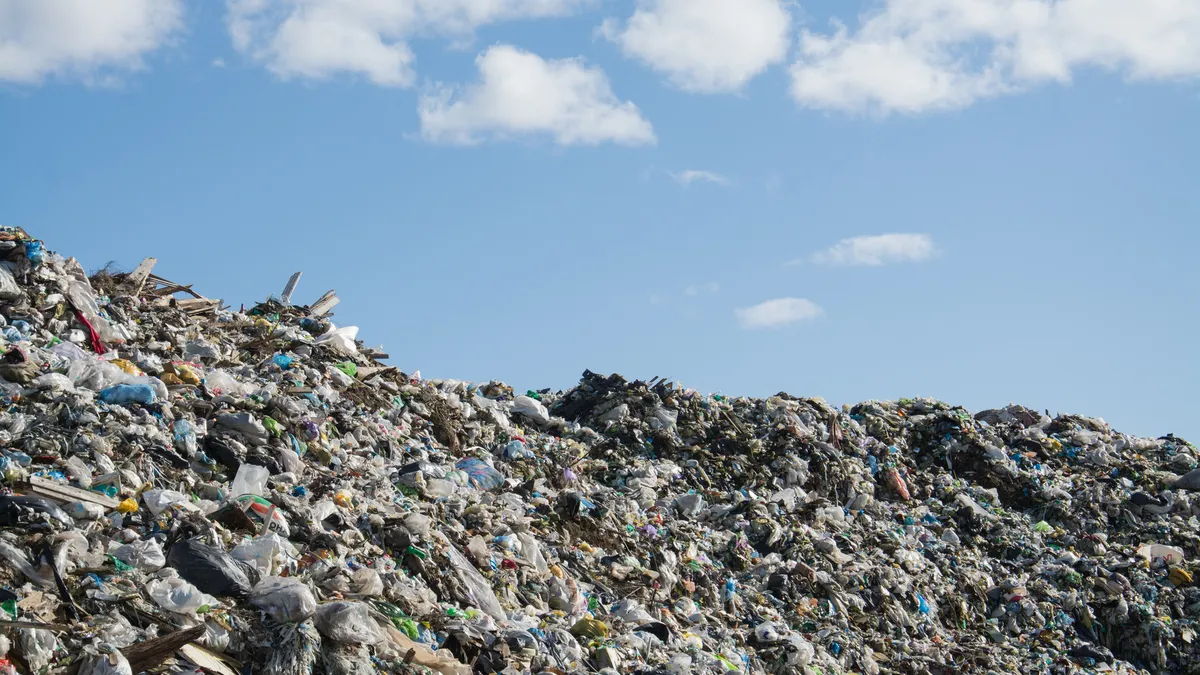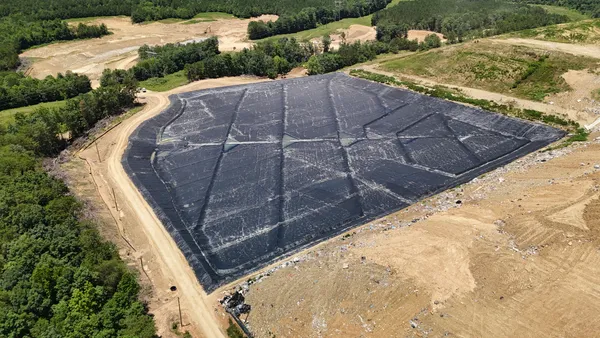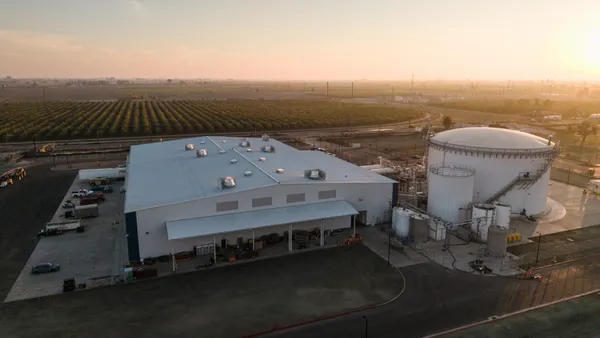Waste Connections has acquired Arrowhead Environmental Partners, a move meant to connect it to regional rail lines in the Northeast, gain access to one of the country’s biggest landfills and open up numerous other M&A opportunities.
The company first announced the acquisition during its Q2 earnings call on Thursday, when CEO Ron Mittelstaedt said Arrowhead’s MSW landfill in Alabama is “one of our most strategic assets” because of its ideal logistical location and ability to help the company integrate other assets.
Terms of the sale weren’t disclosed, but Waste Connections says the deal represents about $100 million in annualized revenue. Private equity group Clairvest, which invested in Arrowhead in 2020, said proceeds from its part of the sale are about $36 million. Clairvest Equity Partners VI, a partnership Clairvest manages, was a non-controlling investor in Arrowhead.
Arrowhead, described as the largest integrated waste-to-rail disposal network in the Northeast U.S., says its 1,345-acre landfill site in Perry County, Alabama, has a 425-acre Subtitle D footprint. It’s served by multiple rail companies daily.
During Clairvest’s three-year funding period, Arrowhead “invested heavily” in its transportation and disposal infrastructure, which Clairvest said helped the company become a “strategically significant” player in the waste industry and grow revenue by 15 times.
“Our vision was to capitalize on the macro trends of declining disposal capacity and rising transportation and disposal costs in the Northeast and create a novel disposal solution for customers in the region,” said William Gay, Arrowhead’s CEO and co-founder, in a statement.
That strategic significance is why Waste Connections courted Arrowhead for several years before the deal closed, Mittelstaedt said during the earnings call.
“We have grown quite a bit along the Eastern Seaboard, and there was really a need to have incremental connectivity to disposal options to integrate many of those markets that up till now had been non-integrated,” such as in Massachusetts and Rhode Island, he said.
The Alabama landfill is served by multiple transload facilities in Connecticut, Massachusetts, New Jersey and Florida, and Mittelstaedt said the connectivity — and sometimes cost benefit — of shipping waste by rail will be a major boon.
Mittelstaedt said the landfill is currently taking about 3,500 tons of waste a day and is capable of taking higher volumes — up to 15,000 tons a day, according to Arrowhead’s website. Waste Connections doesn’t plan to send all of its MSW to that landfill because local disposal options are sometimes more efficient and economical. But Mittelstaedt sees the Arrowhead acquisition as having more and more significance in coming years.
“You've got diminishing disposal capacity along the Northeast, and you're gonna continue to have an upward bias on price throughout the Northeast as disposal [sites] contract. So I think if anything, you're going to see waste continue to move outside of the Northeast and longer distances,” he said.
The acquisition also paves the way for “significant” M&A opportunities as Waste Connections assesses regions it thinks it could better integrate, he added. “It gives us opportunities — some of which we had passed on previously because we weren't sure if we could become integrated,” he said.















